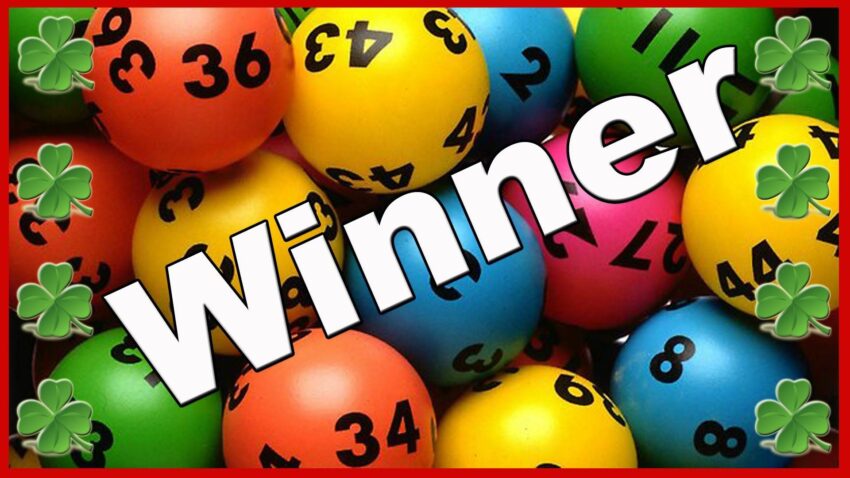Lottery traditions and rituals have been ingrained in cultures around the world for centuries, shaping the way people approach this timeless game of chance. From lucky numbers to elaborate rituals performed before purchasing a ticket, these practices reflect a deep-seated belief in luck, fate, and superstition. In this blog post, we’ll embark on a journey to uncover the rich tapestry of traditions and rituals that surround the lottery phenomenon. Exploring their cultural significance and psychological implications.
Lucky Numbers
One of the most enduring traditions in the world of the lottery is the concept of lucky numbers. Across different cultures and societies. Certain numbers hold special significance and are believed to bring good fortune when chosen in a lottery draw. Whether it’s birthdays, anniversaries, or other meaningful dates. Individuals often rely on personal or cultural associations to select their lucky numbers. In some cases, specific numbers may be considered lucky due to their symbolism or historical significance. For example, the number seven is often associated with luck and spirituality in many cultures. While the number eight is considered auspicious in Chinese tradition due to its phonetic similarity to the word for “wealth.”
Superstitious Practices
In addition to lucky numbers, lottery enthusiasts often engage in a variety of superstitious practices believed to increase their chances of winning. These rituals can range from wearing lucky charms or clothing to performing specific actions before purchasing a ticket. Some people adhere to elaborate routines, such as purchasing tickets from specific vendors or at certain times of the day. While others rely on more unconventional methods. Such as reciting prayers or making offerings to deities associated with luck and prosperity. While these practices may seem irrational to some, they play a significant role in shaping the lottery experience for many participants. Providing a sense of control and reassurance in the face of uncertainty.

Syndicates and Group Play
Another common tradition in the world of lottery is syndicates or group play. Where individuals pool their resources and purchase tickets together. This practice not only allows participants to increase their chances of winning but also fosters a sense of camaraderie and community. Syndicates often develop their own rituals and traditions. Such as holding regular meetings to select numbers or conducting rituals for good luck before each draw. In addition to the potential financial benefits, group play provides social and emotional support. As members share in the excitement and anticipation of each draw and celebrate victories together. Explore the thrill of lottery gaming with Reels of Joy, where you can experience top-notch gaming entertainment and exciting prizes.
Cultural Variations
It’s important to recognize that lottery traditions and rituals vary widely across different cultures and regions, reflecting unique beliefs, customs, and values. For example, in some cultures, lottery draws are accompanied by elaborate ceremonies or rituals designed to appease spirits or gods believed to influence luck and fortune. In others, lottery games are integrated into religious or cultural festivals, serving as a form of communal celebration and participation. By exploring these cultural variations, we gain a deeper understanding of the diverse ways in which the lottery is perceived and practiced around the world.
Conclusion
In conclusion, lottery traditions and rituals play a significant role in shaping the way people engage with this ubiquitous game of chance. Whether it’s the belief in lucky numbers, superstitious practices, group play. Or cultural variations, these traditions add a layer of meaning and significance to the lottery experience. While some may dismiss these practices as mere superstition. They hold profound cultural and psychological significance for millions of people worldwide. By embracing the magic of lottery traditions. We gain insight into the complex interplay of belief, culture, and human nature, enriching our understanding of this timeless phenomenon.

